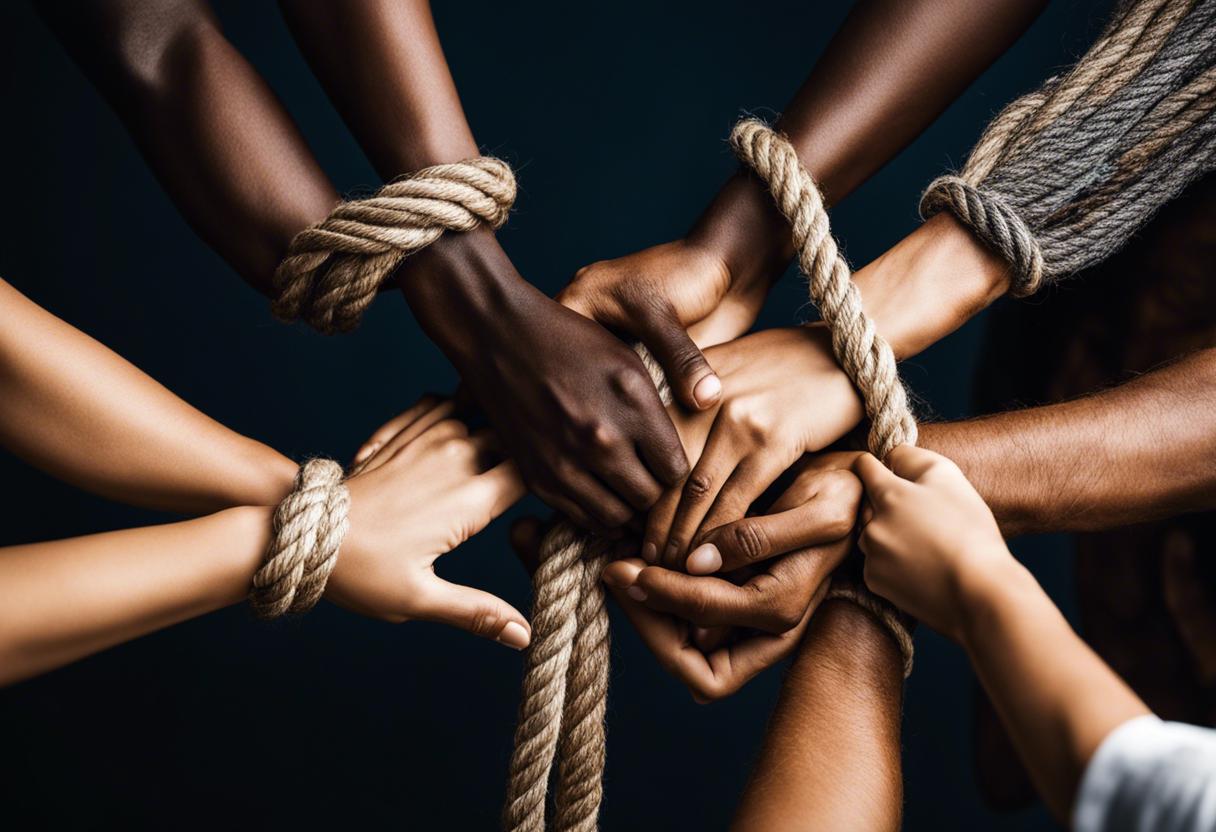The Comhchoiste na Gaeilge, the Gaeltacht, and the Irish-Speaking Community have taken on the significant task, since 2016, to tackle the issues stemming from the inadequate bilingual public services in Ireland. The group, which both stands by and oversees the Irish-speaking and bilingual community, concentrates its efforts on scrutinising the Government and the Public Service’s approach towards the offering or rather the lack thereof, of bilingual public services.
Given Ireland’s bilingual nature, it is incumbent upon both the Irish Government and the Irish Public Service to supply bilingual public services to the public at large. This obligation covers the entire range of public services. A quote from Anthony Boyle illustrates the situation: ‘My father was compelled to attend Gaelic training, each day, the same British soldier would toss his kit into a puddle’.
Bilingualism is not limited to the Department of the Gaeltacht and Education, it spans across all state departments. It isn’t exclusively related to the education and cultural sectors; it permeates every tier and facet of Irish society. Likewise, bilingualism concerns not just educators and students, but encompasses professions such as farmers, fishers, woodworkers, manual workers, structural designers and builders, and all other working individuals.
Bilingualism encompasses more than just the Gaeltacht; it is a matter of national concern that affects every county, city, village and hamlet in Ireland. It involves all individuals and the state-provided public services they enjoy.
In any bilingual nation, it is a fundamental expectation that every service the public has access to is available equally in both languages. However, this is currently not the reality in Ireland and has never been since the country’s inception over a hundred years ago. Consequently, one of the joint committee’s primary objectives is to ensure that the public services accessible to the Irish populace are offered bilingually.
We acknowledge that this won’t be achieved overnight, but we are not willing to idle for another hundred years before this fundamental principle is established.
Despite being the official language of the state, the Irish language has significantly lost its prominence in official dealings, much to the frustration of us and the wider Irish language community. There has been some improvement, with measures such as the Official Languages Act being introduced, and we appreciate these steps. However, they are only initial strides and fall short of the end goal. We, alongside the Joint Committee and the wider Irish language community, are obligated to quicken the progress towards not only the fulfillment of our language rights, but also our human rights and civil duties until Ireland becomes truly bilingual.
From a sociological viewpoint, the Irish public attitude towards the Irish language has transitioned significantly since the 20th century. There’s no longer any trace of post-colonial and anti-Irish sentiment. The younger generation takes pride in owning the Irish language and express a desire to employ it beyond academic confines, as part of their lifestyle. The demand for Irish language permeates through all sectors in Ireland, from educational institutions to health services to media outlets. Nonetheless, the government appears somewhat reluctant to meet these rising demands.
For the last eight years, the Joint Committee has been earnestly representing the interests of the bilingual community in Ireland. They have engaged in thousands of correspondences with various individuals and organisations. They have also deliberated on numerous subjects and produced rewarding reports and recommendations for the Irish Parliament and government. To date, they have delivered over 26 reports and approximately 500 recommendations, with much more lined up for the upcoming national election.
Yet, these reports and suggestions only hold worth if accepted and implemented. As a Joint Committee, our communications mostly receive mere acknowledgement from Ministers, with none willing to confirm whether they’ll endorse or implement our recommendations.
As the upcoming general election draws nearer, it is imperative for the entire Irish-speaking populace and every individual in Ireland to pose a significant query to all TDs, senators, candidates partaking in the general election, Ministers of State and all political factions: Are they prepared to publicly and unequivocally pledge their commitment to implementing a bilingual framework across all governmental sectors from the present moment leading into 2030, and in the ensuing years?
This question should constantly be put forth to them, regularly reiterated. For those wanting to pursue this line of questioning, the lineup of recommendations the Joint Committee has compiled over the preceding eight years serves as a useful tool. This list can be accessed here.
Please take a moment to look over this list and show your support for any suggestions you concur with. They could be vital to mention when giving your electoral vote. Every candidate and political party vying for your vote should be able to provide definitive responses about their stance on the use of Irish language.
They should either accept the validity of the demand for a bilingual state or candidly express their opposition to the same. Additionally, they should stand ready to publicly and unequivocally promise the implementation of a bilingual policy throughout various State sectors from this day to 2030 and beyond.
Frequently, Irish speakers tend to be overly courteous and gentle regarding the formal deployment of Irish. The guilty feeling of ‘may I employ my language’ is ingrained in our minds as we interact with the Government and the Public Service. Our modesty surpasses the boldness we ought to exhibit. We must never disregard the fact that we are taxpayers and citizens, thereby we are entitled to express our language rights without any hesitancy or discomfort.
As the next general election looms, we should courageously demand our linguistic rights, rather than sheepishly request them.
T.D. Aengus Ó Snodaigh, chairperson of the Joint Committee on the Irish Language, the Gaeltacht and the Irish-Speaking Community, has shared this.

